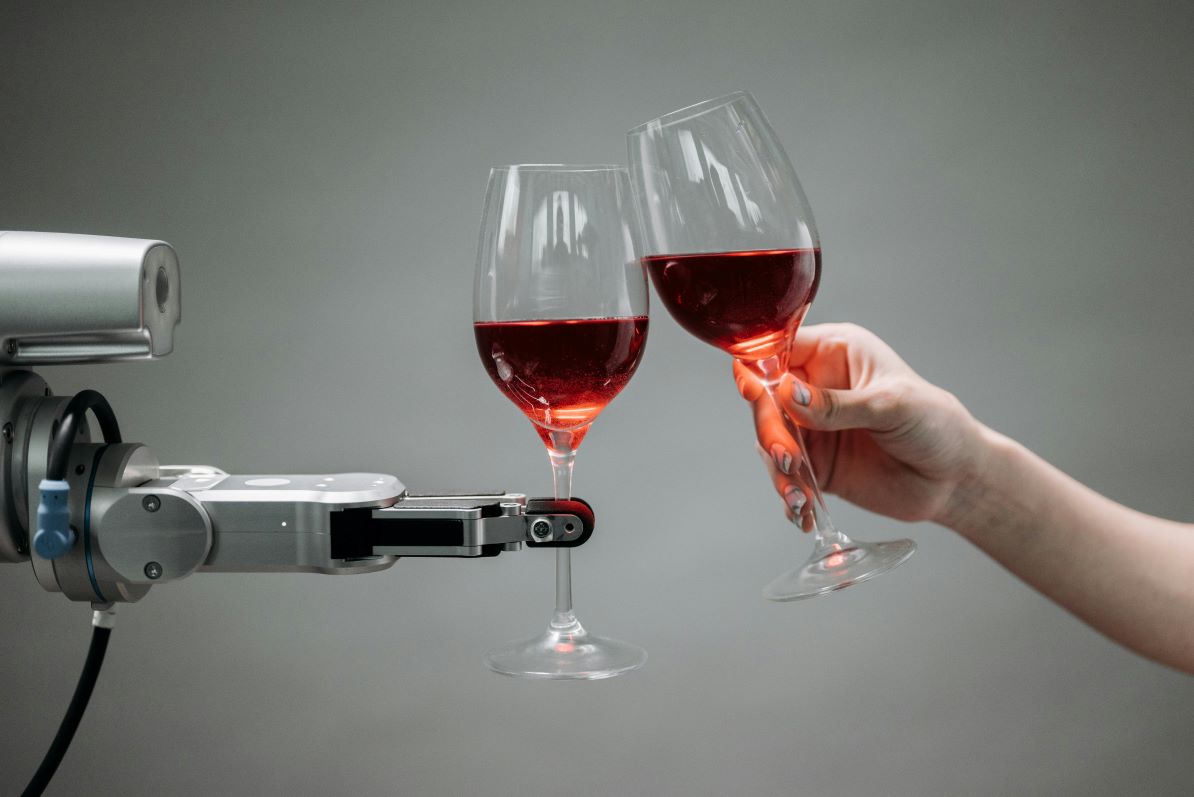China wants to create an organisation to foster global cooperation on artificial intelligence and help coordinate global efforts to regulate AI technology and share the country’s advances, Premier Li Qiang told the annual World Artificial Intelligence Conference in Shanghai last week, Reuters reported. “China wants AI to be openly shared and for all countries and companies to have equal rights to use it,” Li said, adding that Beijing was willing to share its development experience and products with other countries, particularly the “Global South”. The Global South refers to developing, emerging or lower-income countries, mostly in the southern hemisphere.
China’s foreign ministry had released online an action plan for global AI governance, inviting governments, international organisations, enterprises and research institutions to work together and promote international exchanges including through a cross-border open source community.
“Overall global AI governance is still fragmented. Countries have great differences particularly in terms of areas such as regulatory concepts, institutional rules,” he said. “We should strengthen coordination to form a global AI governance framework that has broad consensus as soon as possible.”
“Otherwise,” Li warned that “AI tehnology risked becoming the “exclusive game” of a few countries and companies.” He cited bottlenecks such as insufficient supply of AI chips and restrictions on talent exchange.
China’s Vice Foreign Minister Ma Zhaoxu told a roundtable of representatives from over 30 countries, including Russia, South Africa, Qatar, South Korea and Germany, that China wanted the organisation to promote pragmatic cooperation in AI and was considering putting its headquarters in Shanghai.
The three-day government-sponsored Shanghai conference brought together policymakers, major industry players, researchers and investors. Speakers included Anne Bouverot, the French president’s special envoy for AI, computer scientist Geoffrey Hinton, known as “the Godfather of AI”, and former Google CEO Eric Schmidt.
This year, more than 800 companies participated, showcasing more than 3,000 high-tech products, 40 large language models, 50 AI-powered devices and 60 intelligent robots, according to the organisers. The exhibition featured predominantly Chinese companies, including tech giants Huawei and Alibaba, and startups such as humanoid robot maker Unitree. Western participants include Tesla, Alphabet and Amazon.



